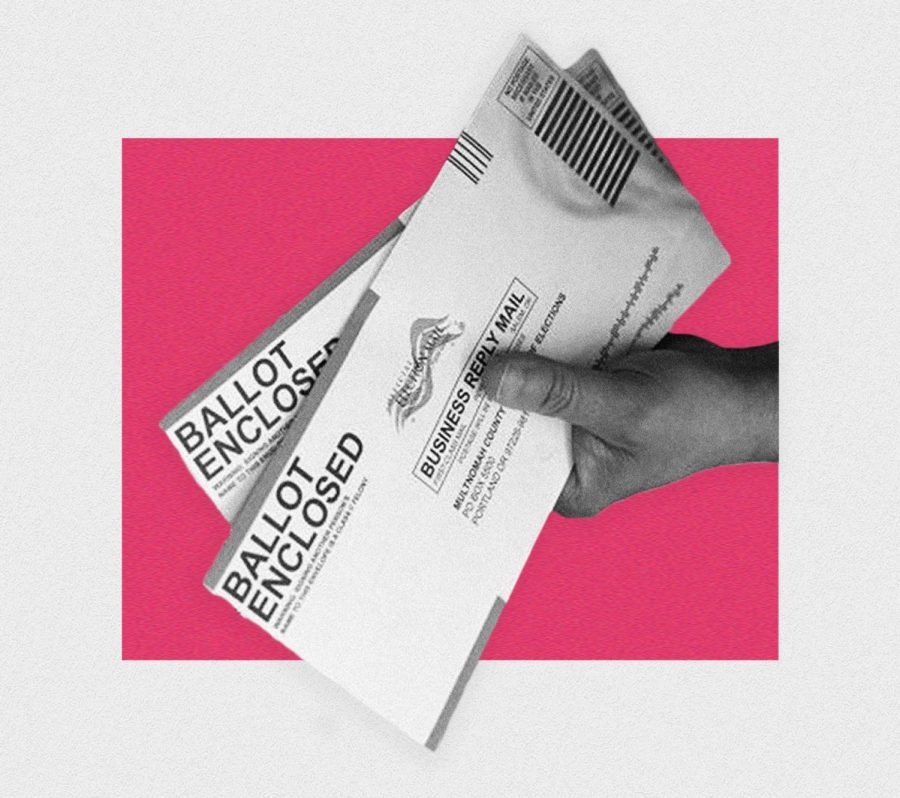Which ballot measures passed in Portland and Oregon?
While many people were focused on the presidential election this past November, a number of ballot bonds were also passed in Oregon and Multnomah County. Read short summaries of the passed and failed measures below.
January 22, 2021
While many people were focused on the presidential election this past November, a number of ballot bonds were also passed in Oregon and Multnomah County. The passage or failure of these proposals affect the wallets of taxpayers and the quality of life for all residents.
One of the ballot bonds passed in Multnomah County was Measure 26-211. Measure 26-211 works to expand the number of libraries throughout the county. New libraries will be built and existing libraries will be updated. The improvements are proposed for areas throughout the county, but will mostly focus on Portland’s east side, where there are currently fewer libraries than the west side. These improvements will benefit students throughout the city.
Measure 26-213, which will provide improvements to parks around the county, also passed, allowing for increased recreation sites and improvements, such as protecting biodiversity and restoring recreation programs. Due to its proximity, the work done in Washington Park will have direct impacts on many Lincoln students who spend time there running and hiking.
Measure 26-215 also passed. This measure renews significant funding for school improvement. It is a continuation of the measure that taxed Portlanders for the Lincoln rebuild and other PPS building renovations. This measure will not raise additional taxes, but simply renew the previous school rebuild tax.
While these three measures passed, some measures, like Measure 26-218, which would have paid for the expansion of Portland’s Max Light Rail system to Tigard, including to areas such as Bridgeport Village, didn’t. This measure would have cost around $5 billion and would have been funded by a payroll tax on businesses with more than 26 employees.
According to The Oregonian, there was “something for everyone to hate” in the measure. The organization “Stop Metro Tax,” supported by many of the businesses that would have had to pay increased taxes, led the opposition to 26-218. This group waged a successful attack based on the cost of the program, and the measure was defeated.
Along with the county measures, there were four important measures on the statewide ballot.
Measure 108, which raised the tax on the sale of cigarettes by $2 a pack, passed.
Measure 109 decriminalizing– but not legalizing– psilocybin mushrooms to be administered by licensed service providers, passed.
Measure 110 also passed. This measure decriminalized possession of a small amount of cocaine, heroin and other narcotic drugs from a serious misdemeanor to a minor civil offense. It also established funding for drug abuse treatment centers, which would help treat those abusing drugs.
There is significant debate whether the decriminalization of drugs is the proper course of action for states to take to combat addiction. Whether this approach will be successful is sure to be followed closely over the next few years.
With the passing of these different–and potentially impactful– measures, Oregon residents will have to see how things play out in the coming years.





